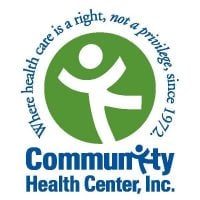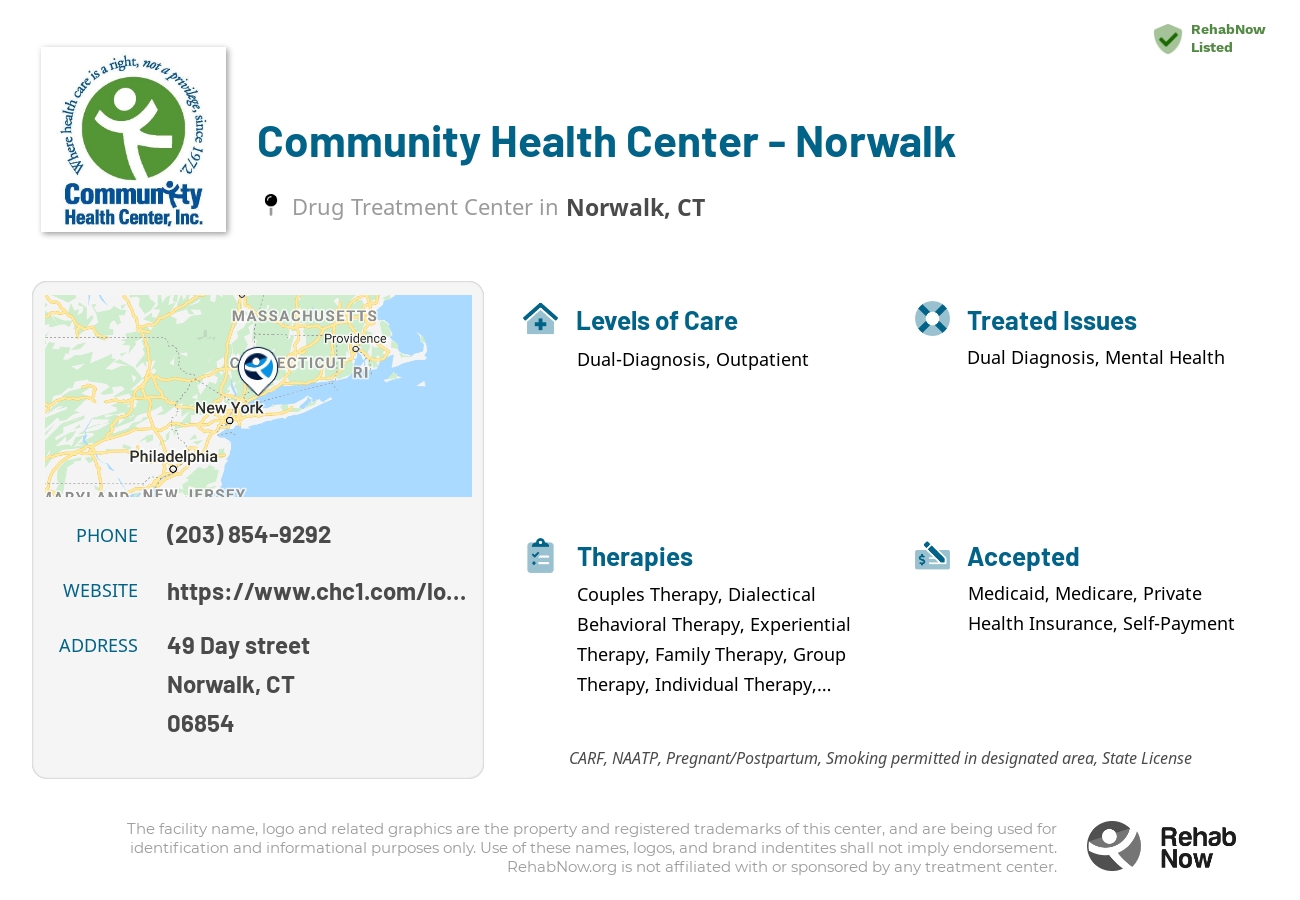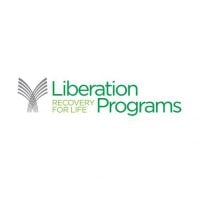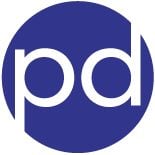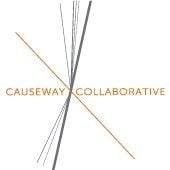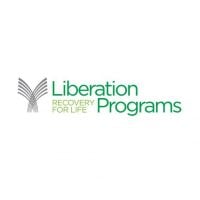Community Health Center - Norwalk
Drug Rehab Center in Norwalk, Connecticut
Community Health Center - Norwalk offers integrated care for addiction and substance abuse, including individual and group therapy, medication management, education, and crisis intervention services, and has received multiple awards for its advocacy efforts.
About This Connecticut Facility
Community Health Center - Norwalk (CHC) is a behavioral health organization located in the heart of Norwalk, Connecticut. CHC offers a variety of treatment services to help individuals struggling with addiction and substance abuse. The center provides integrated care, combining both clinical and medical services to develop specialized plans for each individual’s unique situation. This includes access to a multidisciplinary team of professionals, including family therapists, counselors, and psychiatrists.
CHC’s addiction and substance abuse services include individual and group therapy sessions, medication management, substance use education, screenings, and crisis intervention services. Their evidence-based approach focuses on providing comprehensive care and support to people in need. Additionally, the center offers outpatient detoxification services to those who are transitioning into a recovery program.
CHC is licensed and accredited by the Commission on Accreditation of Rehabilitation Facilities. The center also works closely with state and federal agencies to ensure high-quality services and to reduce any delays in access to care. Moreover, CHC has earned multiple awards for its advocacy efforts, including the 2018 New England Association for Healthcare at Home’s Quality Achievement Award. The center also received the National Council for Behavioral Health’s 2018 Excellence in Service Award.
Genders
Ages
Modality
Additional
Conditions and Issues Treated
There are different kinds of Dual Diagnosis:. A person who simultaneously experiences both a mental illness and an addiction disorder. Or, a person who experiences one or more coexisting (simultaneous) mental health conditions in addition to a primary substance use disorder.
The treatment requires a multi-disciplinary approach, it’s crucial for individuals to partner up with a healthcare provider who understands all the recovery components.
Levels of Care Offered at Community Health Center - Norwalk
This center offers a variety of custom treatment tailored to individual recovery. Currently available are Dual-Diagnosis, Outpatient, with additional therapies available as listed below.
The outpatient programs in Norwalk, CT are for those addicted drugs or alcohol. The goal of the outpatient rehabilitation program is to make them stop abusing drugs or alcohol, reduce drug use or addictive behaviors, and become entirely sober. It is generally required to attend the outpatient program for 10-12 hours every week.
Patients can be administered on-the-spot medication to ease withdrawal symptoms such as anxiety, increased heart rate, and even depression. Groups such as Alcoholics Anonymous (AA) and Narcotics Anonymous (NA) can be used as a part of outpatient treatment to help maintain sobriety.
Therapies & Programs
People in addiction recovery can benefit from individual therapy. This type of therapy involves meeting with a therapist one-on-one. This allows for a personal and trusting relationship to be built so that the patient can be truly themselves and express any emotions they feel. Individual therapy leads to greater understanding and peace about your triggers for addiction and coping strategies to prevent relapse.
Couples therapy for drug addiction is based on the belief that addiction is a family disease. Everyone involved with an addict, not just the addict themselves, is affected by their behavior and the changes the addict goes through. The relationship also changes the addict’s significant other and has likely picked up some codependent behaviors. Codependency is a term used to describe a person obsessed with another person and their needs and feelings while neglecting their own. Addicts are usually people-pleasers, so it is understandable how one can become codependent in relationships with addicts.
Family therapy is a type of group problem-solving that aims to improve communication and relationships between the patient, their family, and sometimes friends. The main goal of family therapy for drug addiction is to create an environment where communication can occur without judgment, hostility, or blame. The therapist is with the family as they learn to communicate with each other differently, especially with the addict when s/he is using.
Group therapy sessions are held in rehab facilities, clinics, churches or community centers that offer drug addiction treatment. People who attend these groups are encouraged to voice their feelings and support other addicts in recovery. This helps group members strengthen their own recovery program while cheering on others who are struggling with sobriety.
Group therapy sessions provide recovering addicts with a chance to cope with everyday situations that many face. Group therapy sessions are held in rehab facilities, clinics, churches or community centers that offer drug addiction treatment.
People who attend these groups are encouraged to voice their feelings and support other addicts in recovery. This helps group members strengthen their own recovery program while cheering on others who are struggling with sobriety.
If you’re looking for addiction treatment, it’s important to find a facility that offers trauma therapy. This type of therapy helps people process and understand the past traumas that have led to their addiction. Trauma therapists will work with clients to help them understand their past and present relationships and show them that they are worthy of love. This therapy is typically done using visualization, discussion, and writing down thoughts and feelings.
Trauma Therapy is a form of therapy that involves working with a patient to help them process and understand the past trauma(s) in their life. This therapy is typically done using techniques such as visualization, discussion, and writing down thoughts and feelings. The main goals of trauma therapy is to help clients express their emotions and talk about what they are feeling.
Dialectical Behavior Therapy (DBT) is a form of cognitive-behavioral therapy that helps people understand how they connect their thoughts, behaviors, and feelings. It can give them more control over their actions, effectively stopping self-harm ideations and attempts in some patients. It also helps put those with borderline personality disorder into control for managing mental struggles.
A new study has shown that DBT works for those with self-harm behaviors and addictions by giving them therapy they can relate to and understand.
Cognitive Behavioral Therapy (CBT) helps addicts identify faulty, negative thinking so that they can work together with the therapist to find healthier ways of thinking. CBT focuses on specific aspects of each person’s thinking, feeling, physiology, and behavior. It aims to identify specific problems in these areas, and create a personalized treatment strategy.
Addicts often experience intense cravings for sugary foods during recovery. By teaching addicts how to eat well and stay healthy, therapists can help them manage their cravings over the course of treatment.
During these sessions, Norwalk, Connecticut dietitians and therapists will offer advice about healthy eating options and teach addicts how to make specific changes in their diet that can help reduce the effects of cravings during recovery.This type of therapy is often used in conjunction with other types of addiction treatment services. By identifying specific triggers and developing strategies to help addicts avoid relapse, most individuals can overcome their cravings and stay sober for good after they finish rehab.
The first step to becoming a non-smoker is the choice to quit smoking. Nicotine replacement therapies are effective because they provide you with the nicotine you are addicted to without inhaling carcinogens from cigarettes.
There are several types of NRT. These include:
- Nicotine gum
- Nicotine patches (transdermal systems)
- Nasal spray
- Lozenges
The benefits to using NRT can include:
- Reduce the risk of heart disease and cancer
- Reduce the anxiety and irritability associated with quitting smoking
- Reduce the risk of type II diabetes.
- Improved fertility in women
Patient Experience
Experiential Therapy at Community Health Center - Norwalk
Experiential Therapy allows addicts to release emotions in a safe environment. The process involves addicts painting their feelings and releasing them on a canvas. LPE – Love, Peace, and Equilibrium is one of the most popular forms of experiential therapy.
Payment Options Accepted
For specific insurance or payment methods please contact us.
Is your insurance accepted?
Ask an expert, call (888) 674-0062
Community Health Center Associated Centers
Discover treatment facilities under the same provider.
- Community Health Center - Meriden in Meriden, CT
- Community Health Center - New Britain in New Britain, CT
- Community Health Center - Waterbury in Waterbury, CT
- Community Health Center - Behavioral Health in Danbury, CT
Learn More About Community Health Center Centers
Additional Details
Specifics, location, and helpful extra information.
Norwalk, Connecticut 6854 Phone Number(203) 854-9292 Meta DetailsUpdated November 25, 2023
Staff Verified
Patient Reviews
There are no reviews yet. Be the first one to write one.
Norwalk, Connecticut Addiction Information
Connecticut has a higher rate of substance abuse and addiction than the national average. The state ranks in the top 10 in the country for illicit drug dependence among those ages 18 to 25. In 2010, there were 9,211 people admitted to an alcohol treatment facility for alcohol abuse combined with a secondary drug. Connecticut ranked fifth in the United States of America for the number of fatalities involving drunk driving in 2014.
Norwalk, Connecticut has been one of the top ten cities for drug overdoses in Connecticut for several years. The majority of residents struggling with addiction in Norwalk are addicted to prescription drugs such as benzodiazepine or oxycodone. 10.8% of Norwalk underage residents misuse prescribed medications and 4.0% of high school students have used marijuana at least once. The drug rehab services available in Norwalk offer outpatient and inpatient rehab programs.
Treatment in Nearby Cities
- Litchfield, CT (46.7 mi.)
- Windsor, CT (66.0 mi.)
- Bridgeport, CT (13.3 mi.)
- Milford, CT (20.7 mi.)
- Chester, CT (53.1 mi.)
Centers near Community Health Center - Norwalk
The facility name, logo and brand are the property and registered trademarks of Community Health Center - Norwalk, and are being used for identification and informational purposes only. Use of these names, logos and brands shall not imply endorsement. RehabNow.org is not affiliated with or sponsored by Community Health Center - Norwalk.
